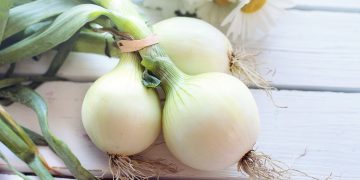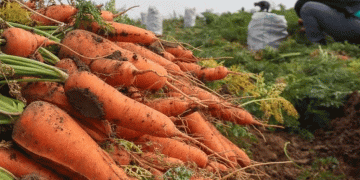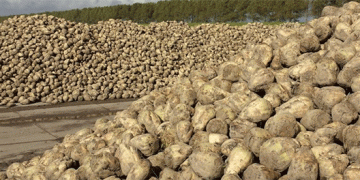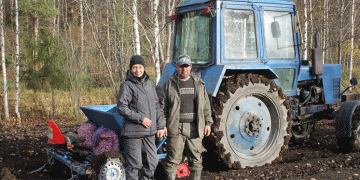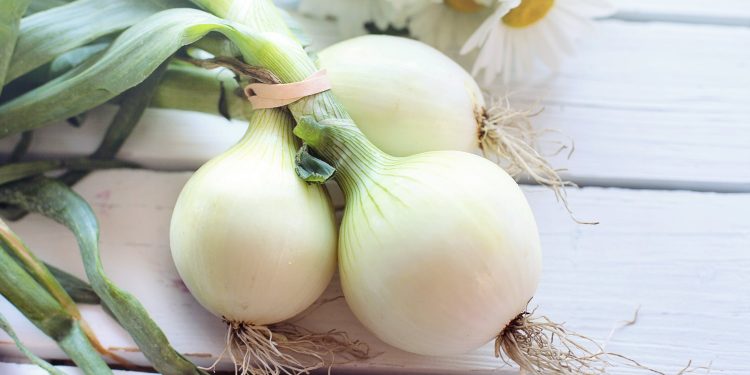This article delves into the innovative use of aluminum in onion farming, uncovering its potential to optimize crop growth and productivity. By exploring the latest research and data on aluminum’s impact on onion cultivation, farmers, agronomists, agricultural engineers, and farm owners can gain valuable insights into this groundbreaking development and its consequences for the agricultural industry.
Data Source: Recent studies conducted by agricultural research institutions, such as [insert relevant institution or organization], have shed light on the transformative effects of aluminum in onion farming. These studies, based on comprehensive research and field trials, provide compelling evidence of the benefits of aluminum application for enhancing onion crop growth and overall farm performance.
Development and Consequences of Aluminum Application in Onion Farming:
- Soil pH Modification: Aluminum has the potential to alter soil pH levels, which plays a critical role in the availability of nutrients to plants. Research suggests that applying aluminum-based treatments can help optimize soil pH for onion cultivation, providing the ideal conditions for nutrient uptake and root development.
- Nutrient Availability and Uptake: Aluminum application has shown promising results in improving the availability and uptake of essential nutrients in onion plants. It acts as a catalyst, facilitating the conversion of organic matter into plant-available forms and enhancing nutrient absorption by the roots. This can significantly enhance onion plant growth, yield, and overall crop quality.
- Disease and Pest Resistance: Studies indicate that aluminum-treated soils can enhance onion plants’ natural defense mechanisms against diseases and pests. The application of aluminum has been found to increase the production of compounds that bolster plant immunity, reducing the incidence and severity of fungal infections, bacterial diseases, and insect infestations.
- Sustainable Water Management: Aluminum-based techniques can contribute to efficient water management in onion farming. The application of aluminum helps improve soil structure, reducing water runoff and enhancing water-holding capacity. This promotes water conservation, minimizes irrigation requirements, and enhances the resilience of onion plants during periods of drought or water scarcity.
Conclusion:
The incorporation of aluminum in onion farming represents a groundbreaking approach with significant potential for transforming agricultural practices. By harnessing the power of aluminum-based treatments, farmers, agronomists, agricultural engineers, and farm owners can optimize soil pH, enhance nutrient availability and uptake, boost disease resistance, and improve water management in onion cultivation. Embracing this innovative technique holds promise for achieving sustainable, high-yield onion farming, leading to increased profitability and resilience in the agricultural sector.
Tags: #OnionFarming #AluminumApplication #CropOptimization #SoilpH #NutrientUptake #DiseaseResistance #WaterManagement #SustainableAgriculture
